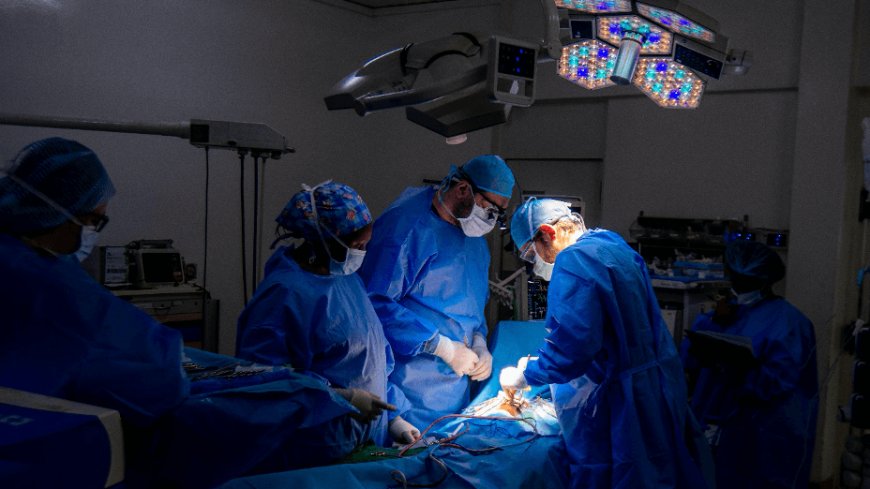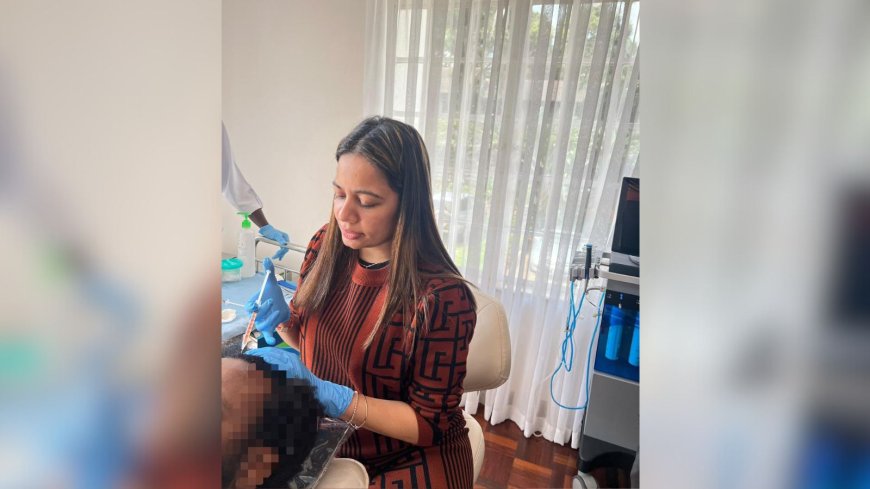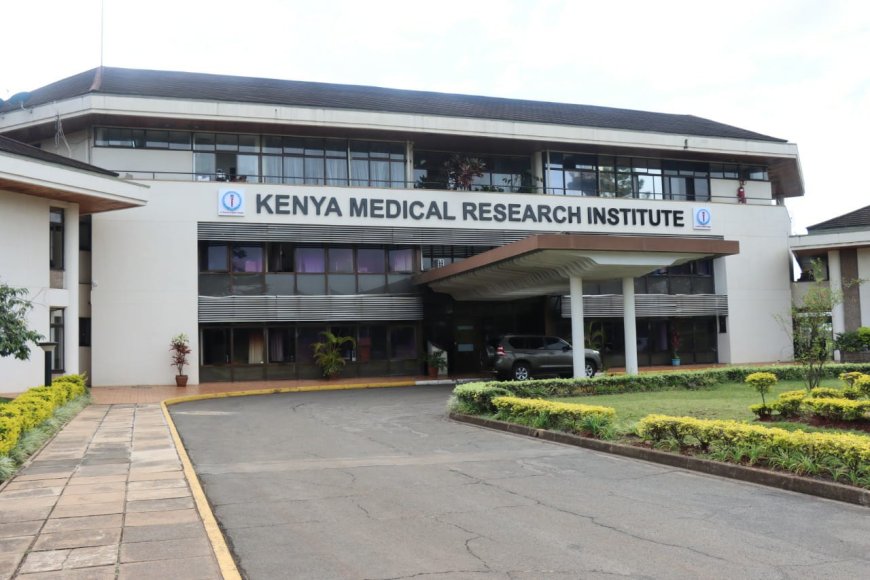Forget Surgery: Kenyan Doctors Now Healing Patients With Body’s Own Cells
The emerging practice is being described by specialists as a potential game-changer in how diseases are treated, moving the focus from symptom management to genuine healing.

Kenya’s healthcare landscape is slowly shifting as regenerative medicine — a field that uses the body’s own cells and biological materials to repair damage — begins to find its footing.
The emerging practice is being described by specialists as a potential game-changer in how diseases are treated, moving the focus from symptom management to genuine healing.
Regenerative medicine aims to restore or replace damaged tissues and organs using tools like stem cells, peptides, and platelet-rich plasma (PRP). Globally, the technology has already been applied in cardiac, neurological, and orthopedic cases, helping rebuild heart tissue, restore nerve function, and accelerate recovery from injuries.
“Regenerative medicine means healing diseases from the core,” said Dr. Ashne Malde, a regenerative medicine specialist at Regenera Pharma & Tia Clinics Muthaiga.
“For years, medicine has focused on managing illnesses, but now, we can use the body’s own biology to regenerate tissue, restore organ function, and revive damaged systems. That’s real healing.”

Plastic Surgeon Dr Ashne Malde at work. /VIRAL TEA KE
Dr. Malde said the therapies work by amplifying the body’s natural ability to self-repair — a process that can be strengthened through proper nutrition, mindset, and a balanced lifestyle.
“The body is an incredible machine,” she said. “It has the potential to heal itself completely when given the right support — through regenerative therapy, nutrition, mindset, and balanced lifestyle.”
In Kenya, regenerative medicine is gradually taking shape in private clinics, particularly in Nairobi, where early adopters are offering treatments for pain management, orthopedic recovery, and aesthetic care.
The procedures rely on biological factors extracted from the patient’s own body — a less invasive approach compared to surgery or long-term drug regimens.
Local practitioners report growing interest from patients seeking alternatives to conventional care. Plasma and peptide-based therapies are being used to address chronic pain, joint injuries, and soft tissue damage, while others are exploring regenerative applications in skin repair, hair restoration, and post-surgical recovery.
“This is not about Botox or fillers,” Dr. Malde said. “It’s about making your body work efficiently — improving your immunity, mental clarity, and energy levels. You don’t just look younger; you feel younger.”
While such treatments remain expensive and largely limited to private facilities, experts believe regenerative medicine could significantly ease the burden of chronic diseases that continue to strain Kenya’s health system.
Non-communicable conditions like diabetes, arthritis, and cardiovascular diseases are on the rise, and the country still spends billions annually on referrals abroad for specialized care.
“In Africa, we often spend billions sending patients abroad for specialized treatments,” Dr. Malde said. “If we invest in regenerative medicine locally, we’ll not only save that money — we’ll save lives. We have the patients and the talent; what we need now is the infrastructure.”
She urged the government, research institutions, and private investors to collaborate in setting up proper regulatory frameworks, training programs, and research hubs to ensure the field grows responsibly.
“Kenya can lead East Africa in regenerative research,” she said. “But we need policies that encourage innovation, regulate practice, and make treatments accessible to everyone.”
Health experts caution, however, that without oversight, the rapid commercialization of regenerative treatments could lead to misinformation and exploitation.
Many countries are still grappling with how to regulate stem cell therapy and related practices, as some clinics globally have been accused of making unproven claims.
Despite the uncertainties, the momentum around regenerative medicine continues to build. For practitioners like Dr. Malde, the ultimate goal is to make the science accessible, affordable, and integrated into mainstream care — merging traditional medicine with preventive and holistic wellness.
“Every patient who heals naturally reminds us that the body is intelligent,” she said. “Regenerative medicine gives that intelligence a voice. It’s time Africa embraced this new kind of healing — one that restores hope, dignity, and life itself.”
As Kenya positions itself as a regional healthcare hub, regenerative medicine could mark a turning point — if innovation is balanced with evidence, regulation, and equitable access.


 admin
admin 




